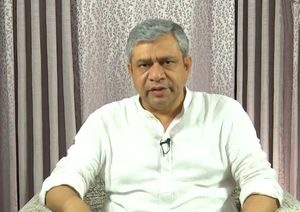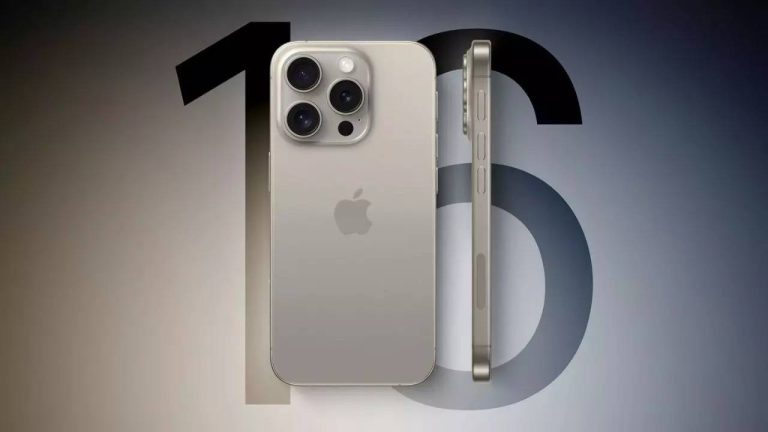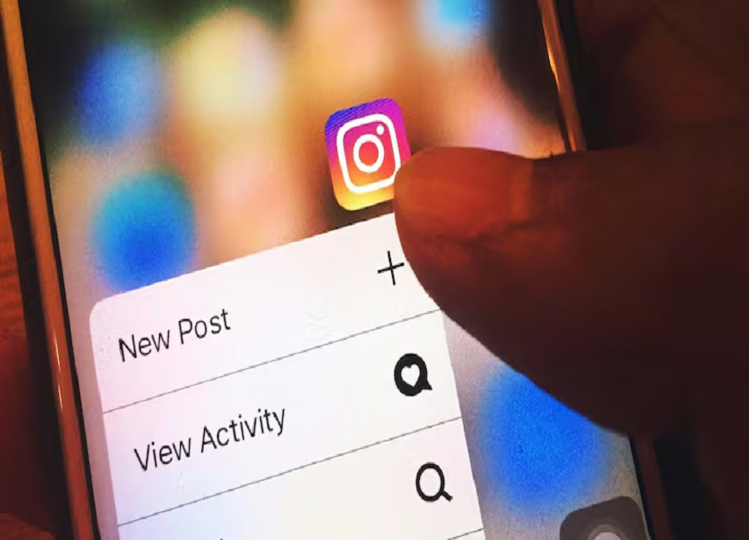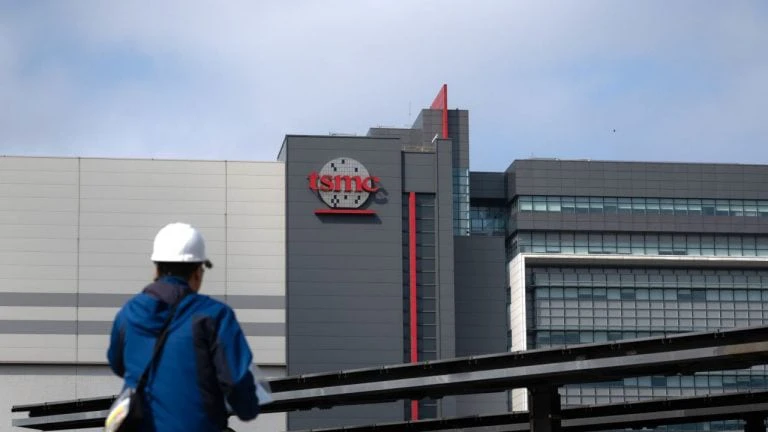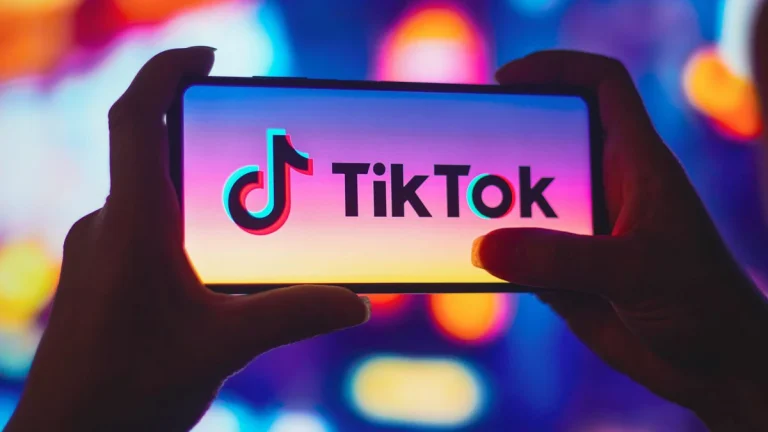Nvidia’s Superchip, Elon Musk’s Microsoft Critique, Apple’s AI Advances And More: This Week In Artificial Intelligence
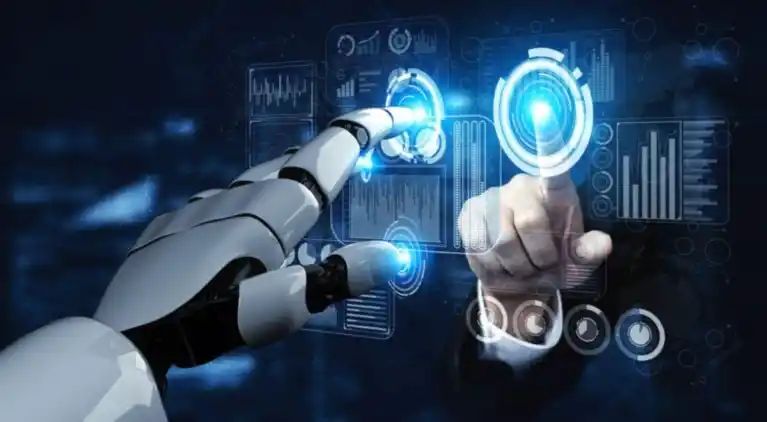
This week was filled with significant developments in the tech world, from Elon Musk’s renewed criticism of the Microsoft-OpenAI alliance to Apple’s advancements in AI. Nvidia made headlines with the launch of a new superchip, while speculation about a potential stock split made rounds.
Additionally, Apple and Google’s potential collaboration over Gemini AI model sparked conversations. Here’s a quick recap:
Nvidia’s New Superchip
Nvidia Corp. (NASDAQ:NVDA) unveiled its new GB200 AI superchip at the annual GTC event. The chip, touted as a “miracle”, has generated excitement in the tech world, outperforming the first AI supercomputer, the DGX-1, that Nvidia donated to OpenAI back in 2016. Read the full article here.
Musk Criticizes Microsoft-OpenAI Alliance
Tesla and SpaceX CEO Elon Musk highlighted Microsoft Corp. (NASDAQ:MSFT) CEO Satya Nadella’s dismissive remarks about OpenAI in his lawsuit. According to the lawsuit, Nadella said that Microsoft could continue functioning even if OpenAI ceased to exist as they have all the intellectual property rights and necessary capabilities.
Apple’s Multimodal AI Progress
Researchers at Apple Inc. (NASDAQ:AAPL) have made significant strides in AI. They published a research paper detailing new methods for training large language models (LLMs) using text and images, which could lead to more advanced and flexible AI systems. Read the full article here.
Apple and Google’s Potential Gemini Collaboration
Deepwater Asset Management’s managing partner Gene Munster suggested that a reported deal between Apple and Alphabet Inc. (NASDAQ:GOOG) (NASDAQ:GOOGL) Google to license the Gemini AI model could benefit both companies. The move could position Apple as a leader in personalized AI and result in substantial annual payments for Google.
Potential Nvidia Stock Split
With Nvidia shares soaring, CNBC host Jim Cramer asked CEO Jensen Huang about the possibility of a stock split. While Huang didn’t dismiss the idea, he made it clear that no immediate announcement would be made.
The GPT-4-based Benzinga Neuro content generation system exploits the
extensive Benzinga Ecosystem, including native data, APIs, and more to
create comprehensive and timely stories for you.
